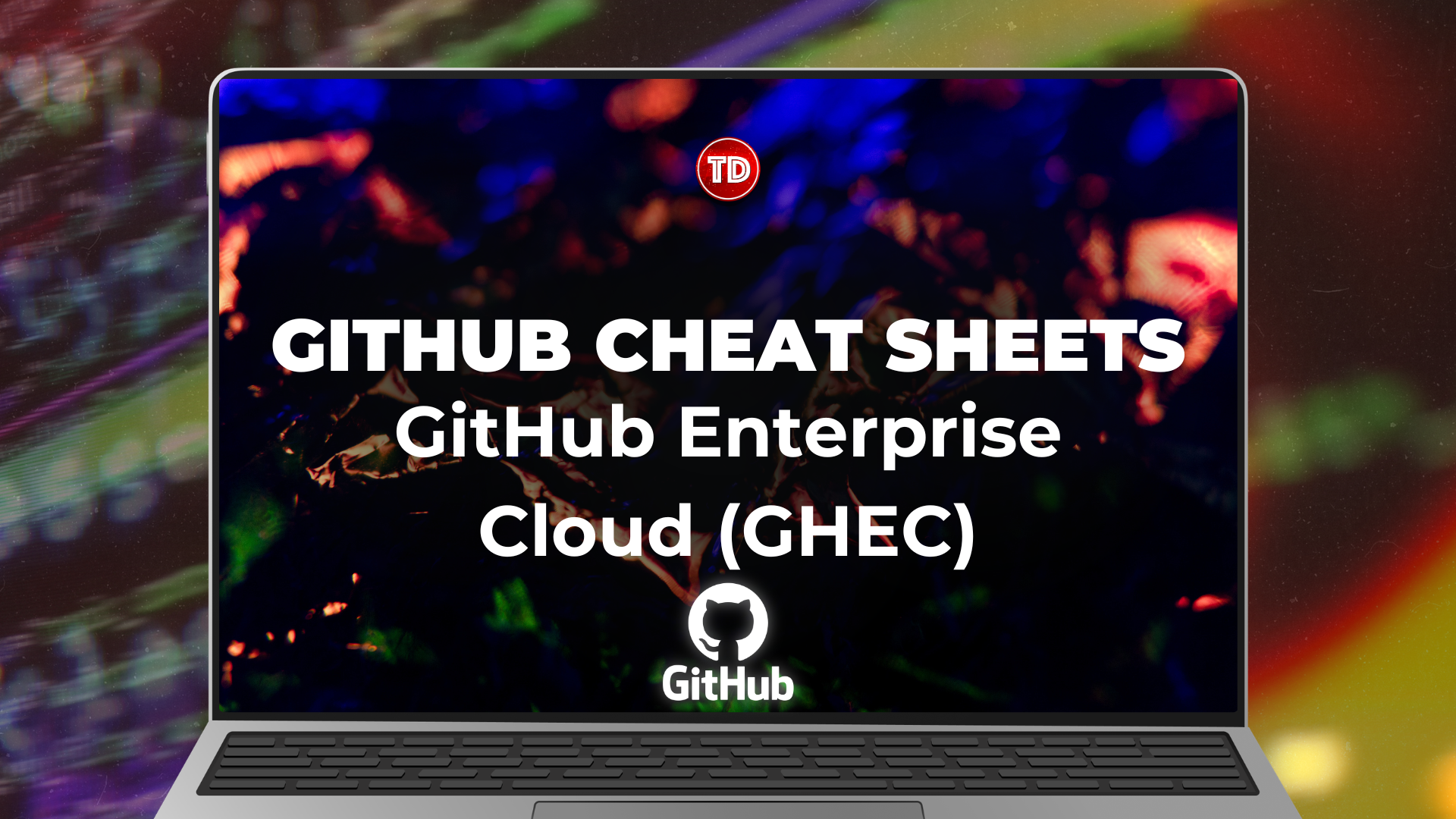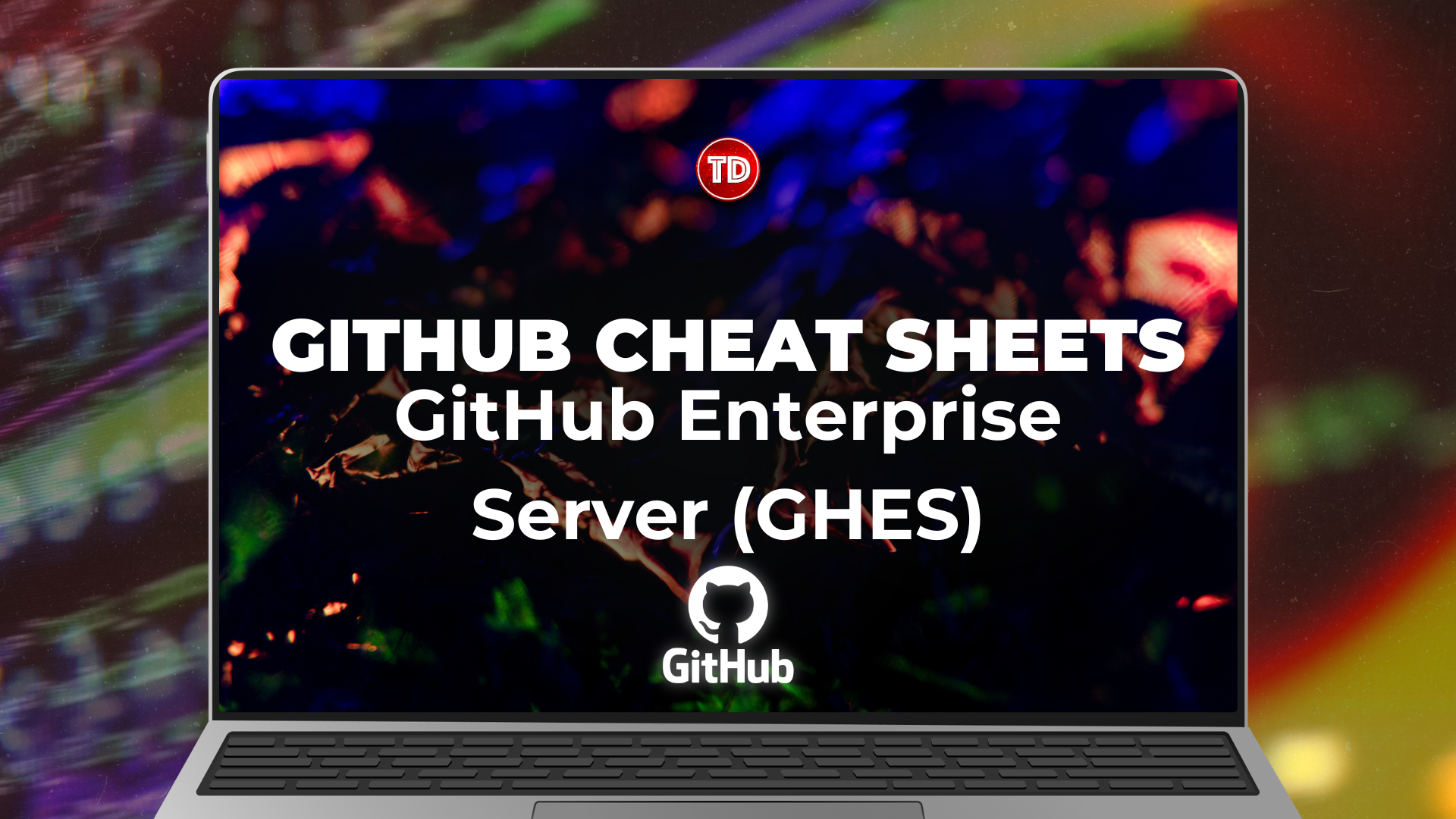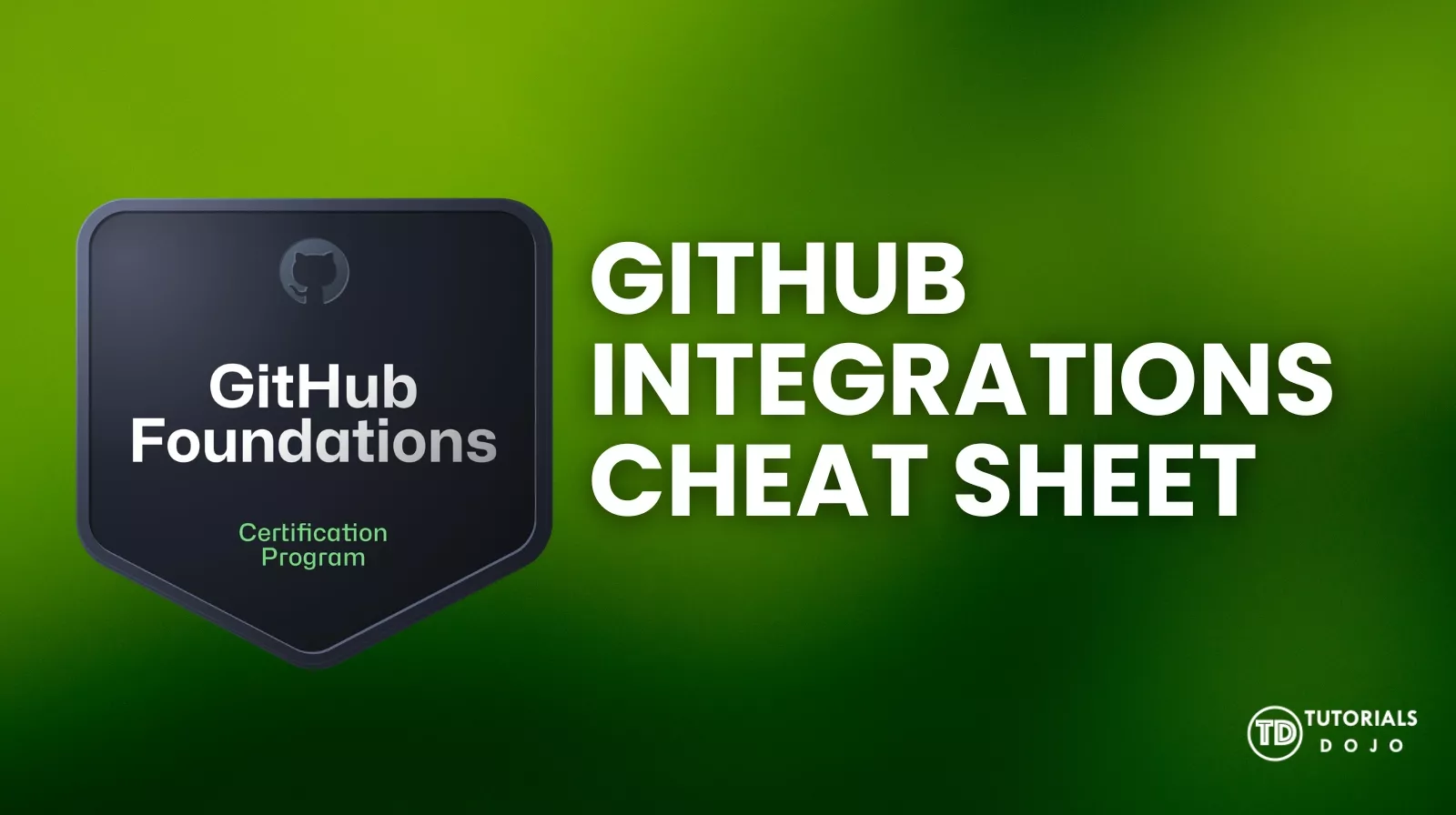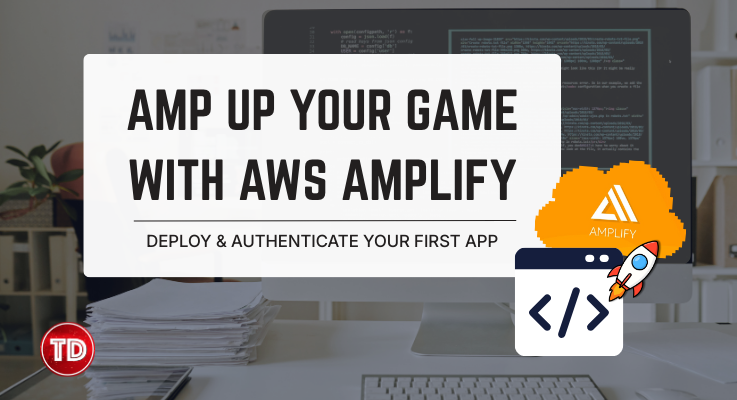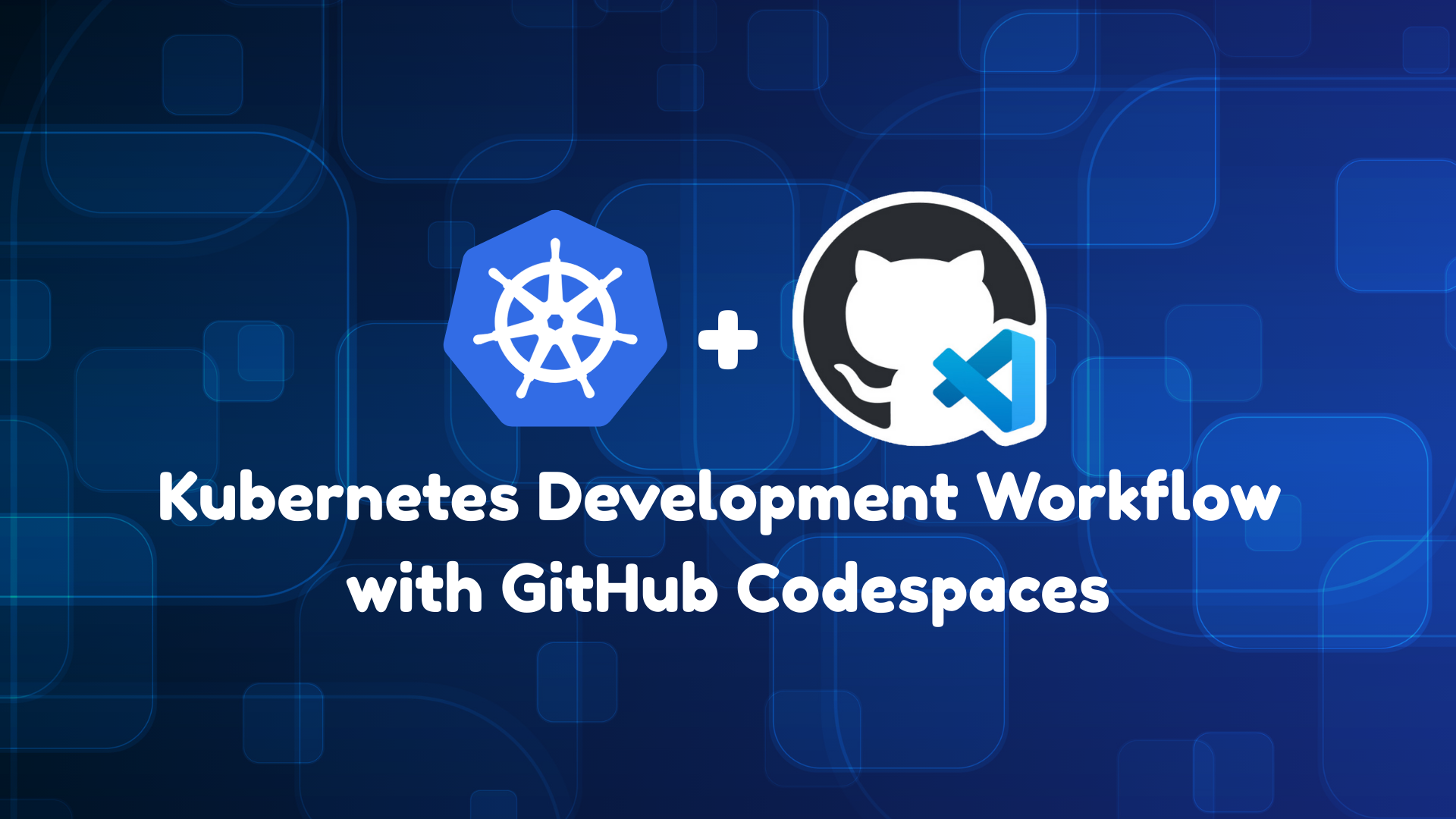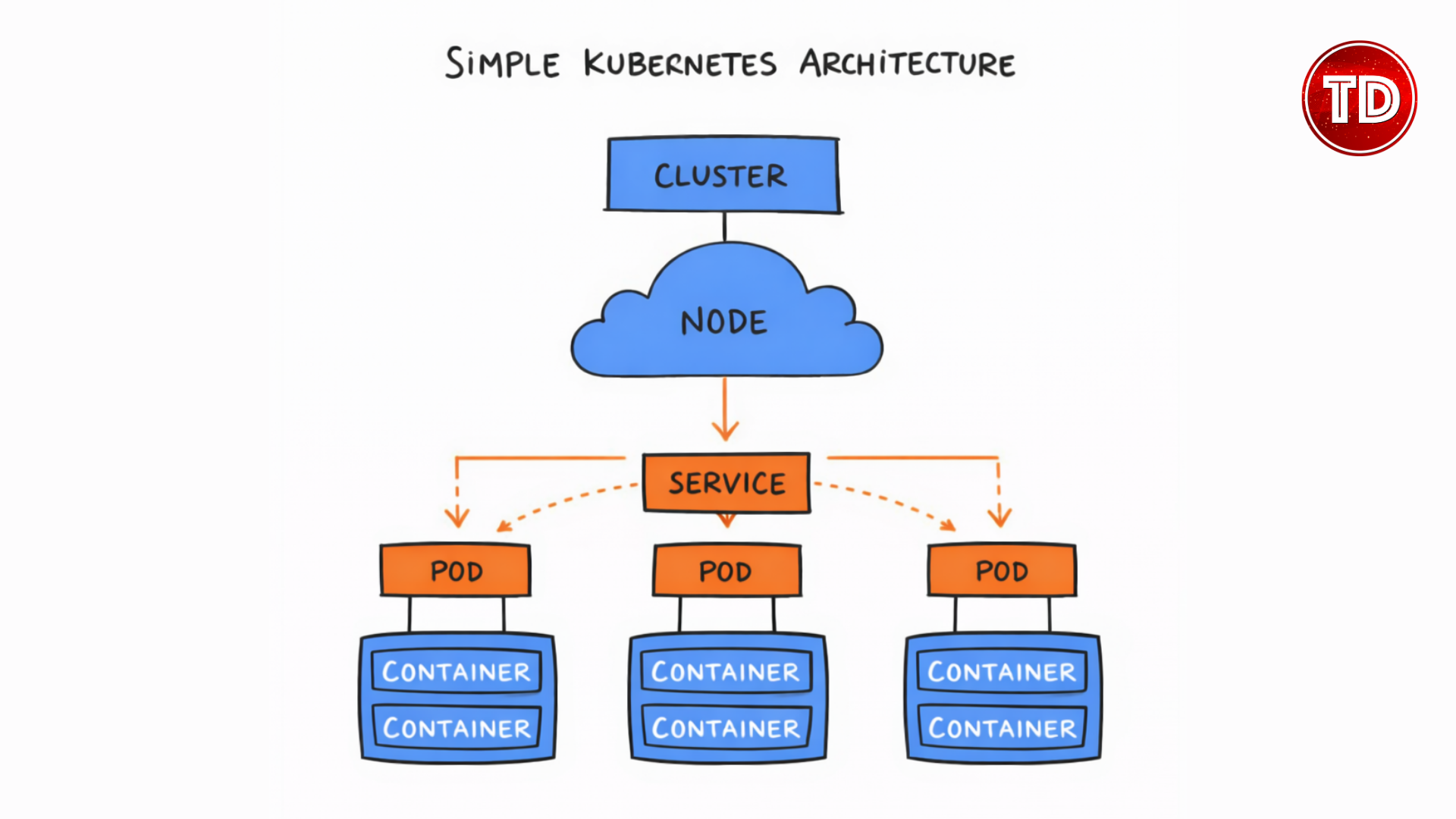GitHub Enterprise Cloud (GHEC)
Joshua Emmanuel Santiago2026-02-23T05:11:52+00:00GitHub Enterprise Cloud (GHEC) Cheat Sheet GitHub Enterprise Cloud (GHEC) is GitHub's cloud-hosted option designed for large businesses and teams. It gives you a central place to manage multiple organizations, control access with enterprise-grade security features, and scale your development work across your entire company. unlike the free or team plans, GHEC includes advanced tools like SAML authentication, managed user accounts, compliance reports, and more. You can try it free for 30 days before buying. What Is GitHub Enterprise Cloud (GHEC)? GitHub Enterprise Cloud (GHEC) is GitHub's cloud option for large companies. It comes with extra features you don't get [...]

